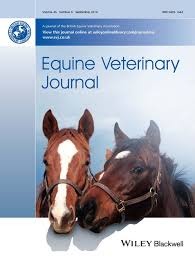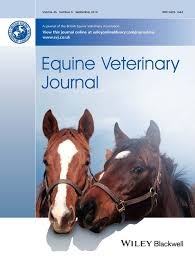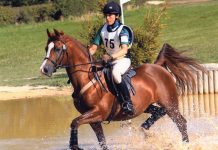New evidence-based guidelines on the management of equine glandular gastric disease (EGGD) are a giving fresh perspective on this complex condition and have underlined its distinct differences from “gastric ulcers”. The guidelines, which were published this month in the new equine veterinary journal UK Vet: Equine, could help improve management of the condition in practice.
https://www.magonlinelibrary.com/doi/full/10.12968/ukve.2018.2.S1.3
Equine glandular gastric disease is a complex syndrome that is distinct from gastric ulceration. A number of studies now indicate that it is an inflammatory gastritis, predominantly at the gastric outflow, which has different causes and risk factors from gastric ulcers. As such, medication effective in treating gastric ulceration may be less effective for this specific condition.
The clinical signs of EGGD are diverse and non-specific and may be mild or recurrent. They may include changes in temperament, changes in rideability, unexplained weight loss, reduced appetite or cutaneous sensitivity manifesting as biting of the flanks or resentment of girthing, grooming, leg aids or rugging.Recommendations for reducing the prevalence of disease, based on putative risk factors, include providing rest days from work, maximising turn-out, minimising management changes and other potential stress factors and minimising changes in equine companions and human carers.
The new guidelines have been published by a group of equine medicine specialists, based on a review of published and unpublished evidence.The intention is to provide veterinary practitioners with up-to-date guidance on risk factors, diagnosis, treatment, dietary management and prevention of EGGD.
David Rendle, an internal medicine specialist at Rainbow Equine Hospital in North Yorkshire who chaired the group and is a consultant editor of UK Vet: Equine said: “Our findings challenge long-standing dogma on EGGD, a condition about which there is currently very little advice available to vets and horse owners. It is becoming increasingly clear that the distinction between disease of the squamous and glandular mucosa is important clinically and the group felt that updated guidance may help to improve management of EGGD in practice.”
Provision of evidence based clinical guidelines should enable practitioners to adopt more standardised and logical approaches and base EGGD management decisions on the most current data. Professor Josh Slater, Professor of Equine Clinical Studies at the Royal Veterinary College said: “Clinical guidelines are commonly used in human health care and have been shown to improve clinical outcomes by condensing data from large numbers of research publications and promoting rapid adoption into clinical practice. These new guidelines represent a step forward in the management of this complex condition by combining a consensus of expert opinion with the best available current clinical research and evidence.”
Mark Bowen, Professor of veterinary internal medicine at the University of Nottingham who is based at Oakham Veterinary Hospital said: “Whilst the panel hasn’t come up with miracle cures there was universal agreement that new treatment options have to be integrated in a logical and responsible manner.”
“Our understanding of this condition is in its infancy but we hope that the summary document, which also highlights the gaps in our knowledge, will provide a useful framework for vets to follow and will be a stimulus for future research.”
The guidelines can be found here: https://www.magonlinelibrary.com/doi/full/10.12968/ukve.2018.2.S1.3
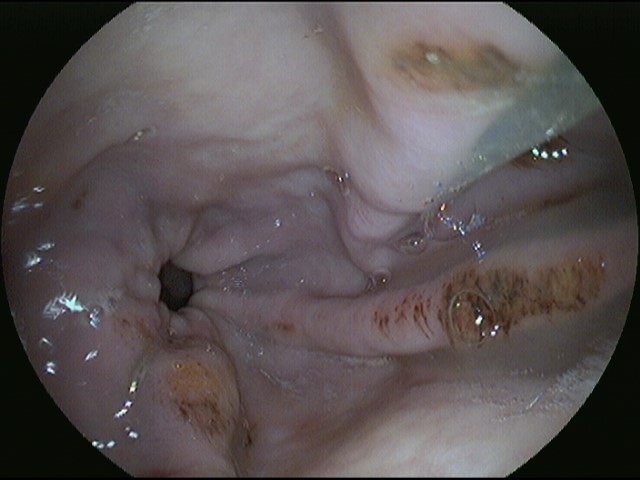 |
Moderate multi-focal haemorrhagic and fibrinosuppurative lesions |
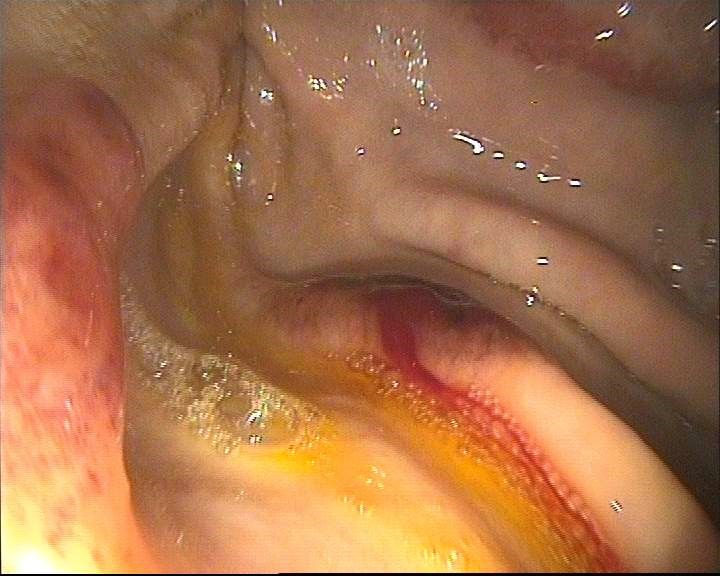 |
Haemorrhagic EGGD lesions |
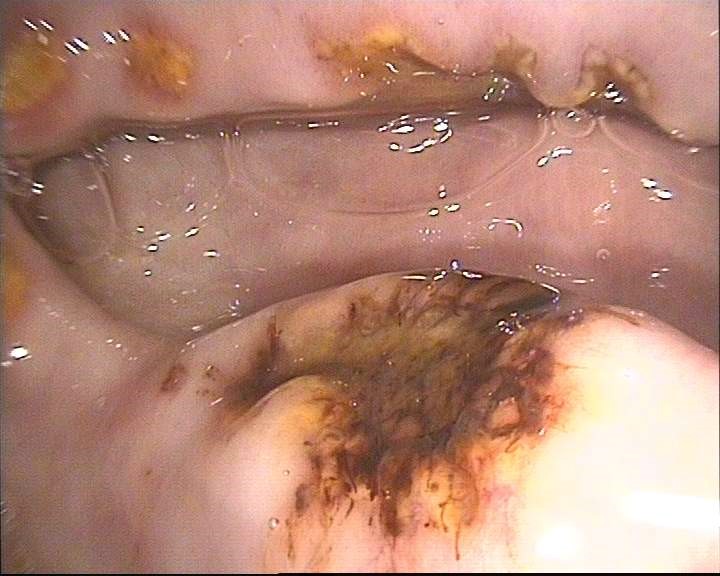 |
Marked multi-focal depressed haemorrhagic and fibrinosuppurative lesions |


